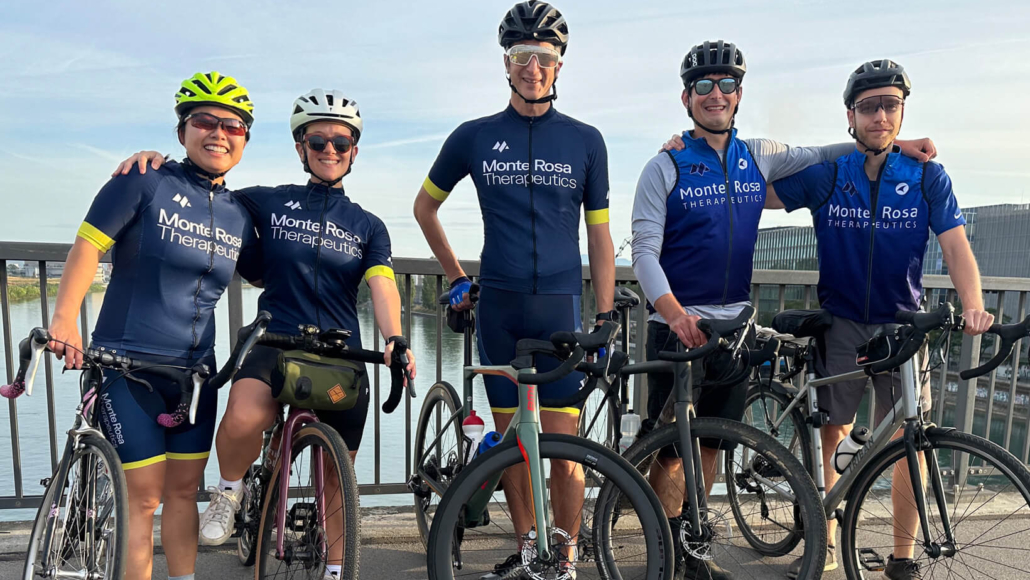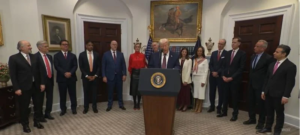
Monte Rosa Therapeutics and Novartis agree on second billion-dollar deal
Monte Rosa Therapeutics Inc, founded in Basel in 2018, can look forward to an upfront payment of US$120m for its second collaboration and licensing deal with Novartis AG to develop protein degraders. A total of US$5.7bn is on the table for the new development of an anti-inflammatory candidate that is not part of Monte Rosa's pipeline.
With the US$5.7bn deal, Novartis AG secures exclusive rights to Monte Rosa Therapeutics‘ AI/ML-powered QuEEN product engine for discovery and development, which was presented in Science for the discovery, development and commercialisation of protein degraders for the treatment of immune-mediated diseases with difficult-to-target targets. The AI/ML-powered QuEEN degrader discovery engine uses geometric deep learning on protein surfaces and proteomic data to define new rules of neosubstrate recognition by E3 ligase Cereblon (CRBN). It identifies more than 100 protein classes with surface structures previously considered inaccessible, expanding the spectrum of molecular glue degraders.
Following the announcement of the collaboration with Novartis, trading volume in Monte Rosa shares skyrocketed from 408,000 to 11.67 million. This is Monte Rosa Therapeutics’ second deal with Novartis AG, following a US$2.1bn biobucks development deal concluded in 2024 on protein degraders, including Monte Rosa’s Phase II VAV1 degrader MRT-6160, which achieved 90% VAV1 degradation and complete suppression of colitis in animal models in Phase I studies.
Under the agreement, Monte Rosa will receive an upfront payment of US$120m. In addition, there will be milestone-based payments of up to US$5.7bn and tiered royalties on worldwide net sales in the high single-digit to low double-digit range. Monte Rosa’s publicly known pipeline programmes, such as the cardio-immunological degrader MRT-8102 and the cancer degrader MRT-2359, are excluded from the agreement.
Monte Rosa Therapeutics was founded in 2018 by Ian Collins and Raj Chopra as a spin-out from the Institute of Cancer Research (ICR) in London and received its seed funding from Versant Ventures’ Ridgeline Discovery Engine and Cancer Research UK.


 White House
White House gov.uk
gov.uk Gilead Science
Gilead Science